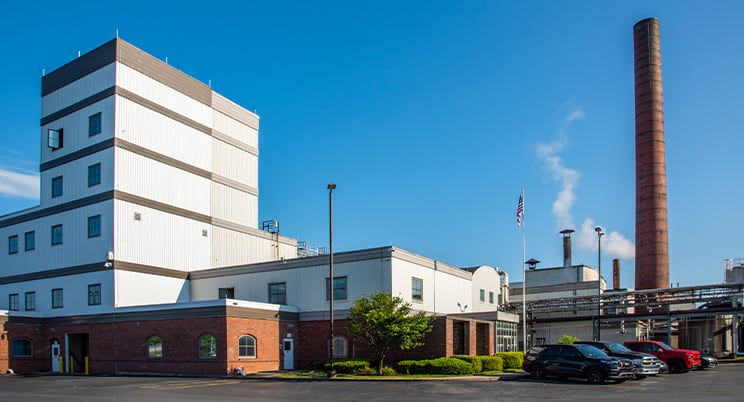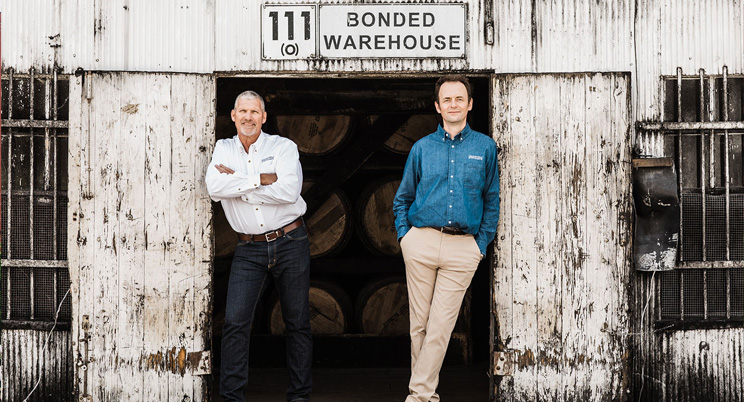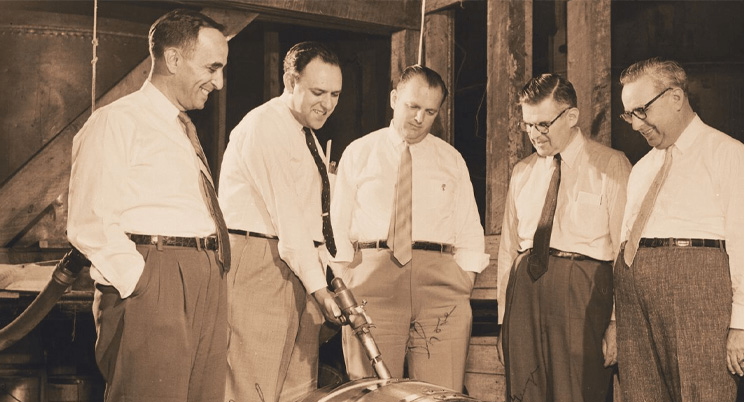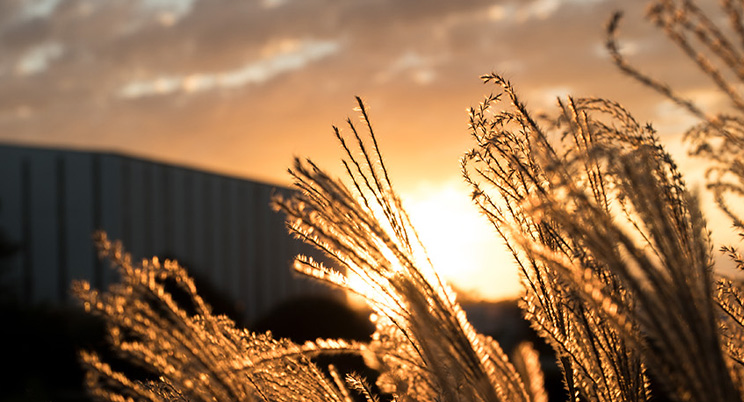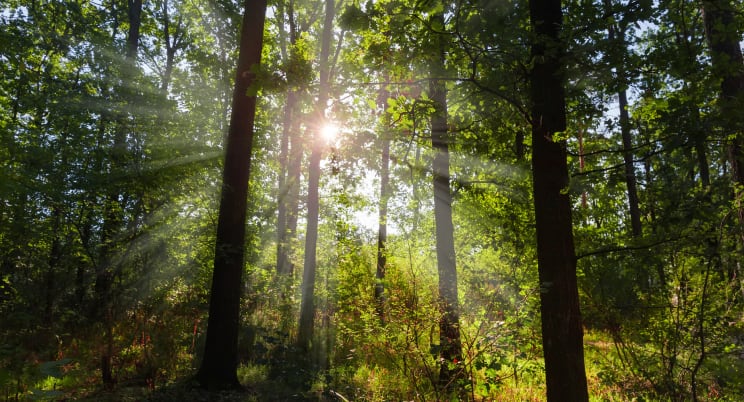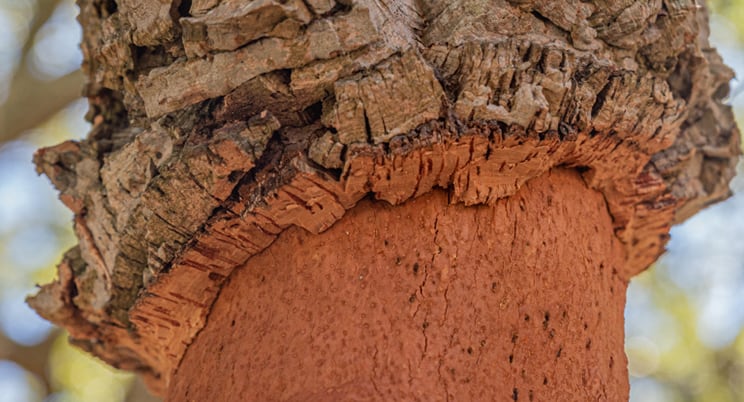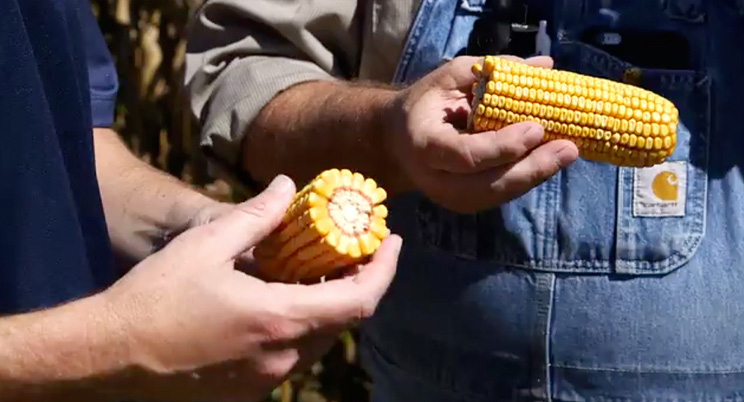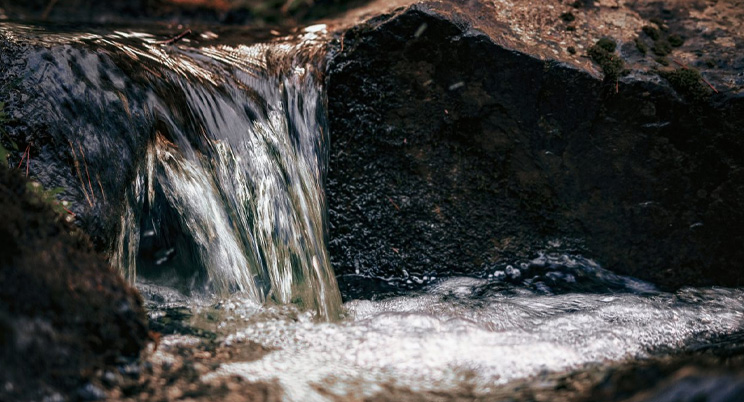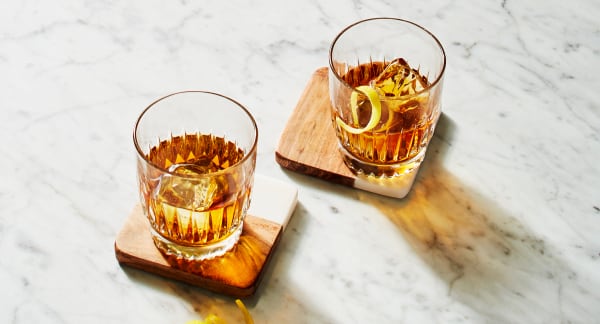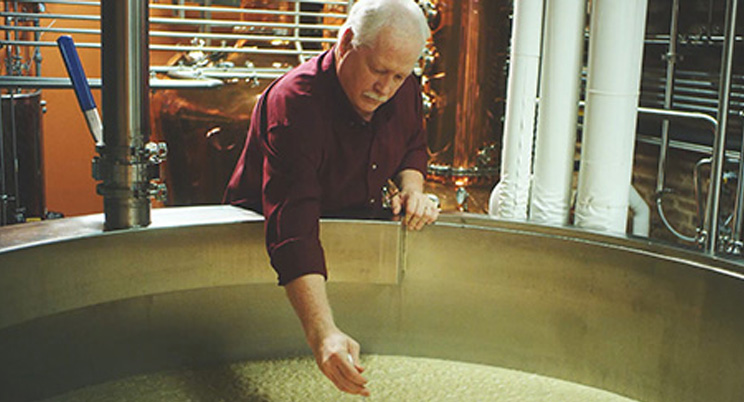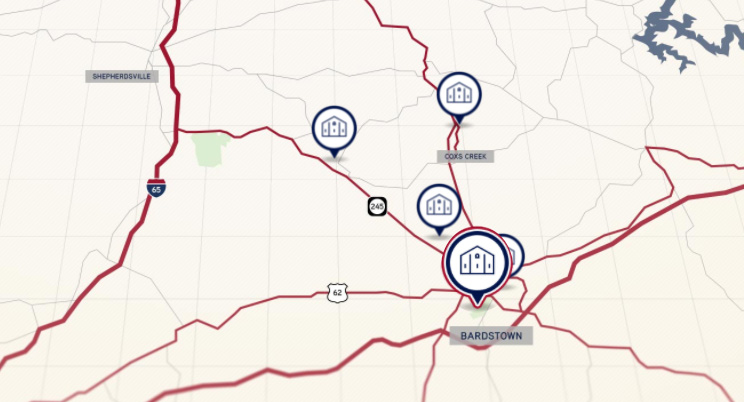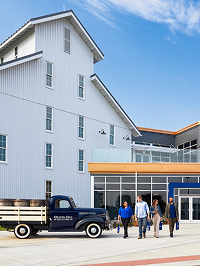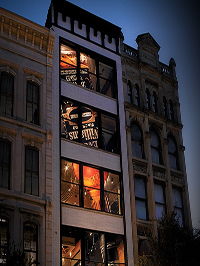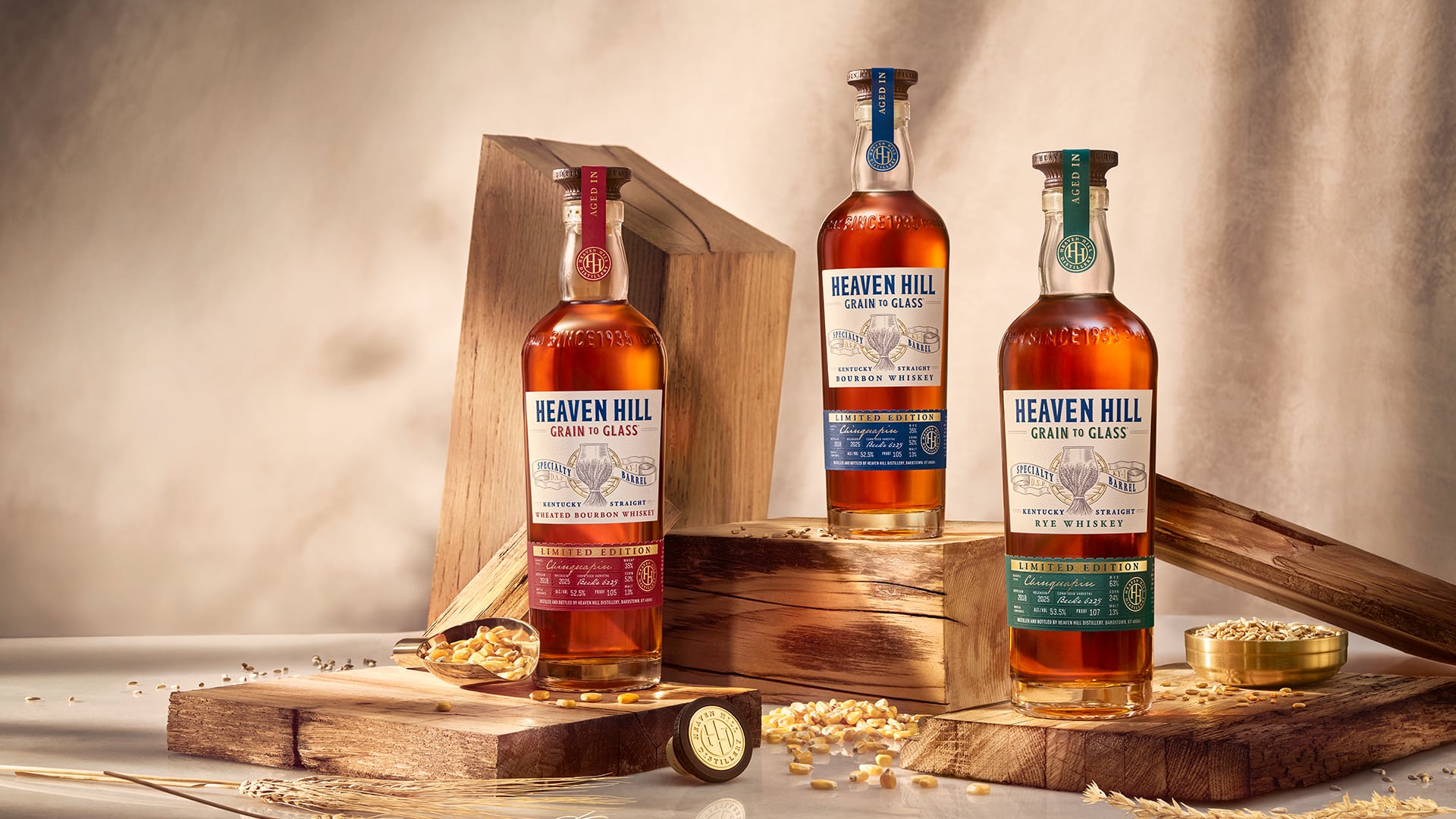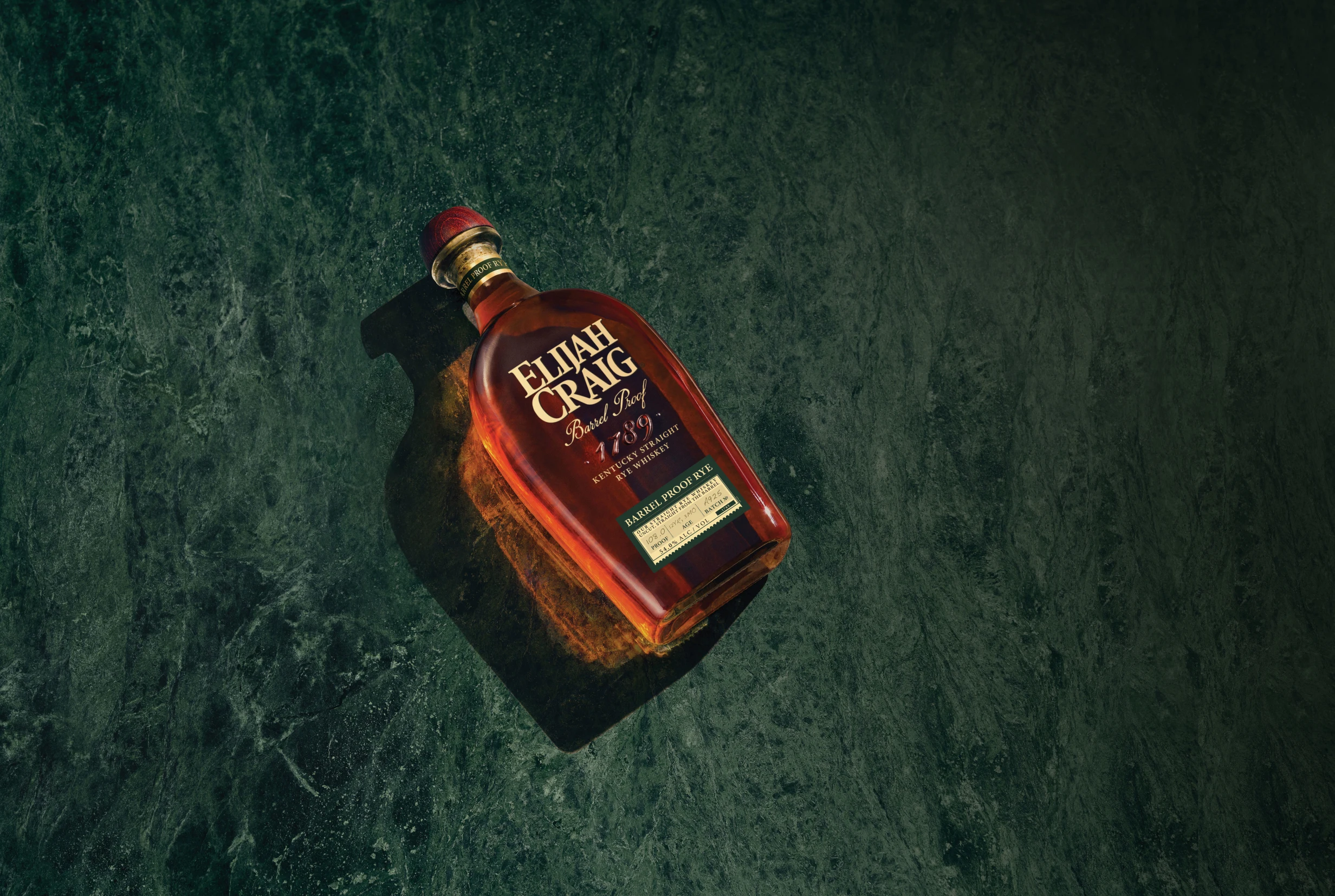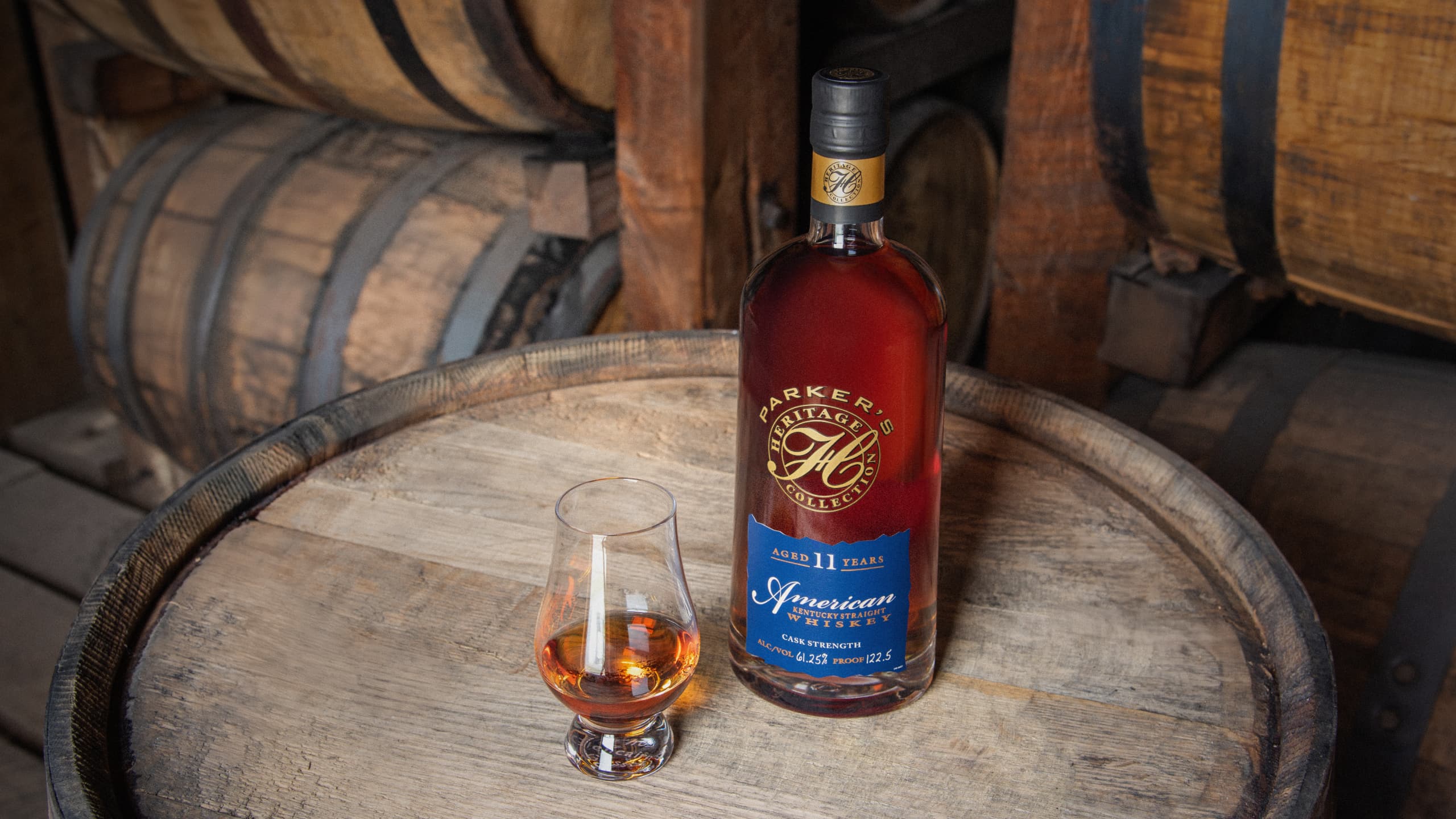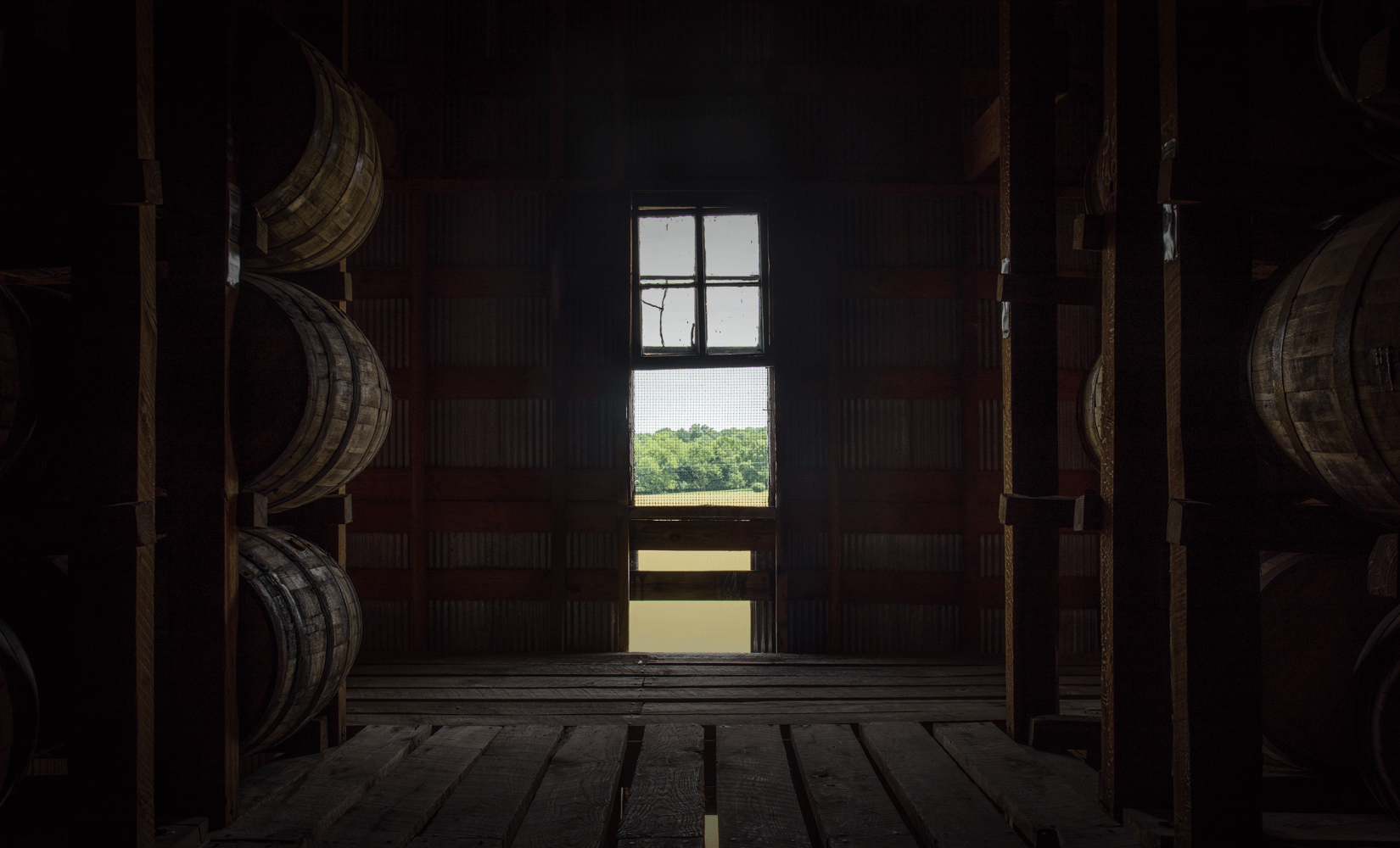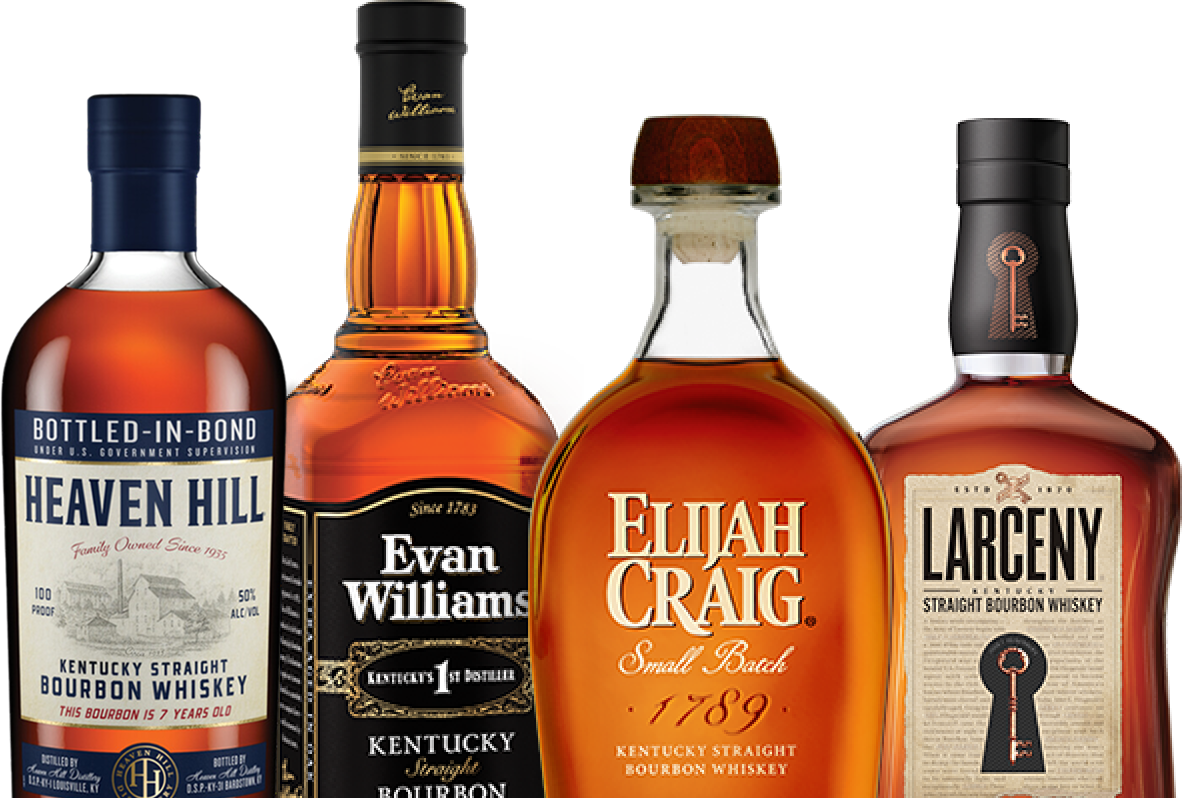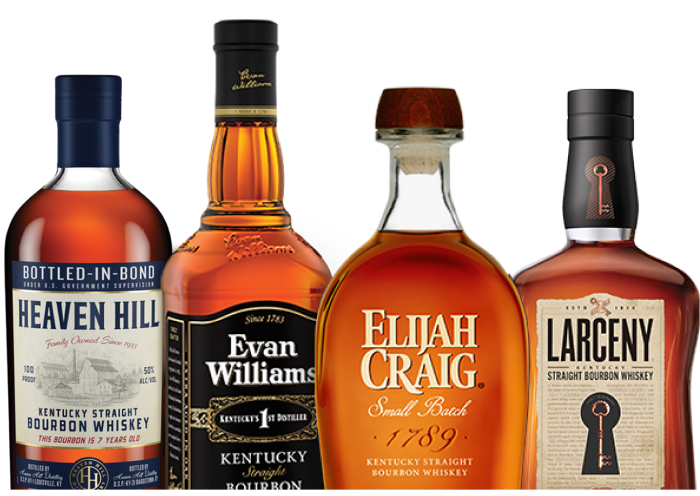Amid this ongoing American Whiskey boom, we went looking for insights into some active and emerging industry trends by sitting down with several subject-matter experts. What we learned was American Whiskey isn’t just about what’s in the bottle. It’s a hobby for collectors, barrel pickers and drinkers of story-rich sippers like rye and Bottled-in-Bonds. To reflect evolving business practices and consumer desires, we learned whiskey making must be made sustainably while attracting fans to visitor experiences. To continually pique buyers’ interests, indulgent premium offerings must be released along with reliable standards for everyday sipping.
Join us for a look into our whiskey-filled crystal ball to learn about current and future trends affecting American Whiskey makers and you, our loyal fans and customers.
1. BOURBON BUNKERS
Travis Hill, Collector and Instructor, Teach Bourbon
What’s collecting like now? Crazy as ever. With more people now than ever looking for special bottles, it’s harder to get them. Some collectors hoard good bottles because Bourbon has become a status symbol. Ten or 20 years ago, people used to buy those old bottles to drink and share with friends. That’s different now.
Now collectors have an incentive to hold them because a year or two later, they’re worth significantly more than what they paid. And with the ability to sell vintage bottles legally in Kentucky, and big auction houses getting great prices for rarities, some Bourbon fans figure “why not collect and sell?”
People are super strategic about collecting; hitting the same places every day looking for bottles and having friends do the same. When I managed a store in Louisville, we saw these people all the time. When you’re dealing with collectors of anything, they always want to have every Pokémon.
2. SUSTAINABILITY
Rachel Nally, Director of Environmental and Sustainability, Heaven Hill Distillery
Distilling is a complex process that gives us lots of opportunities to increase sustainability strategically. The big opportunity on our plate now is the new Heaven Hill Springs Distillery.
We’re engineering ways to minimize water use to below industry benchmarks. We’ll reuse certain water streams and install smart meters to assess our usage. Across the campus we’ll have native plants and grasses to manage stormwater runoff, stop erosion and provide a natural pollinator habitat. We’re going to use a naturalized retention basin that will use native plants with deep roots to capture stormwater and help filter it before it runs off the property.
Whiskey production is energy intensive, so distilleries want to reduce carbon output through better processes. Renewable energy sources are something the industry is experimenting with. But there are other issues to address, such as the vast supply chain our industry requires. In packaging, we look for lighter materials for containers, which leads us to think more about the design of our bottles and how we can use less virgin plastic and more recycled plastic. We’re even considering innovative packaging like fiber-based bottles.
Outside of our own operations, we’re hoping to foster a more environmentally conscious distilled spirits industry for years to come through our logger education program. We pay for loggers to attend classes in which they improve their knowledge of how to protect the environment while they’re logging. We had over 200 loggers participate in that last year, and we paid their course fee. And since it’s difficult for them to take that time away from their jobs, we also cover their meals and potentially their hotel stays. To us, the cost isn’t much when you consider the big impact it makes.
3. WHISKEY TOURISM
Jeff Crowe, Director, Heaven Hill Kentucky Experiences
Bourbon tourism is booming beyond what we ever imagined. Visits to both of our experiences, the Heaven Hill Bourbon Experience and the Evan Williams Bourbon Experience, used to be weekend driven, but now they’re busy seven days a week all year long. Walk-in business is way up at the expanded Heaven Hill Bourbon Experience in Bardstown. If those folks can’t get in on a tour or a class, we invite them to walk through our new gallery space at their own pace. After that, get a tasting or go upstairs to the Five Brothers Bar and enjoy a drink.
We don’t have to look into the future to see that Bourbon culture and the visitor experience are changing. Our consumers want elevated experiences, so we’re focusing on getting Kentucky artists—painters, musicians and others—to attract this changing audience which is no longer just Bourbon connoisseurs. These are things we wouldn’t have thought about five years ago, but with these evolving consumer wants, we’re looking at our Bardstown campus as a sort-of blank canvas that we can use to create ways to have more fun here.
Our only challenge is time. We get to work and see fans already in the parking lot waiting for us to open. Trust me, it’s busy. All. The. Time.
4. BOTTLED-IN-BOND WHISKEYS
Paul Hletko, Founder, FEW Spirits
As difficult as running a distillery is, you’d wonder why we’d make it more challenging by doing Bottled-in-Bond. But it’s a wonderful category consumers appreciate. Even if people don’t know all the rules, they see that designation and know it’s a quality product because of it.
Being a Bottled-in-Bond doesn’t necessarily mean a whiskey is better. But it does add transparency to the process: one distillery, one distilling season, at least 4 years old and always 100 proof. For the consumer, that pretty much ends any mystery about the important details of a bottle of whiskey.
Sure, it’s a smaller portion of drinkers that geeks out over such details. But the enthusiasm for Bottled-in-Bond is slowly migrating to those who are just curious. It’s easy to answer the question of, “Why should I care about that?” when someone can say, “Trust me, it’s good,” let them taste it, and then, if they want, share the story of why BIB was important for its time.
What do I think of the future of Bottled-in-Bond? Though the number of products adhering to that standard is small, it’s growing, and will continue to grow. I’m sure most distilleries see the benefit of making Bottled-in-Bond spirits. But when they look at the commitment required to monitor those barrels more carefully than all the rest, some reconsider it. As for FEW Spirits, everything we do matters, and having Bottled-in-Bond whiskeys matters to us.
5. SECONDARY FINISHING AND SPECIALTY BARRELS
Andrew Wiehebrink, Director of Spirit Research, Independent Stave Co.
People ask me if secondary barrel finishing—just another name for secondary finishing—has peaked. The answer depends on the lens you are looking through.
As far as double barreling as an application, it remains an effective tool in maturation that allows a distiller to alter the flavor profile of an aged product precisely and quickly. At Independent Stave, we still spend a lot of hours designing custom barrels for secondary finishing.
Why do distilleries use a secondary cask? Double barreling can double the amount of barrel extractives in a 4- to 5-year-old base spirit in as little as six weeks. That’s a lot of extra flavor! It’s also a great way to differentiate existing liquid streams from those of other producers who may have purchased the same spirits for their startup brand. It also enables larger producers with extensive stocks of well-aged product to create different products in a hurry.
Cask finishing, when done correctly, rarely degrades the base whiskey. And if the base whiskey is good, a secondary finish can make it great. Distillers understand now that there is more to maturing Bourbon whiskey than just throwing it in a char 4 barrel and letting it sit. There are lots of options, and depending on that producer’s goals, taking the time to select the right barrel will save time and money.
6. PREMIUMIZATION OF WHISKEY AND EXTRA-AGED RELEASES
Susan Wahl, Vice President of American Whiskeys, Heaven Hill Distillery
As consumer appreciation for brand quality and heritage increases, so does the desire for more super-premium products. Bourbon collecting has really driven this, and we see this trend continuing.
In our premium releases we want to showcase something different and unique. Our Parker’s Heritage Collection focuses on innovation—liquids we wouldn’t bottle for our Heaven Hill Heritage Collection. Since these are unique releases, we don’t have much scale with Parker’s, so their rarity factors into those prices. With our Heritage Collection we rely on our traditional mashbills for whiskeys with much older age statements. Those whiskeys require a higher price point since we waited 10, 15, 20 years or more to bottle them.
We’ve also seen an increase in wealth across the U.S. for at least 10 years now, and that’s helped fuel the trend of drinking less but better. When you can buy and drink some of these amazing whiskeys, you feel good doing it.
Heaven Hill picked up on the premium product trend with our 21-, 23- and 25-year-old Rittenhouse Rye releases many years ago. The Elijah Craig 18-year Bourbon also helped get this started for us.
No doubt that price drives the quality perception. But now people are buying these bottles as much for the premium presentation as the whiskey itself. You buy and put these bottles on the back bar at a restaurant so customers can see it. You want to impress them, and they make a statement.
Yes, to create these packages requires an investment by the distillery when it comes to a small-run, highly allocated product. The wood boxes used for our Heaven Hill 27-year-old Bourbon were handmade. And like other premium releases, these aren’t made to run down our main bottling line. They’re very much hands-on products. Some of that price is passed along to the consumer, too, but buyers of these limited-edition products expect that.
7. SINGLE BARREL PICKS
Sylvia Holden, Private Barrel Specialist, Heaven Hill Distillery
Why are barrel picks so hot? Simple. People want unadulterated barrel-strength whiskey.
Some barrel pickers will taste barrels blind, choose one they like best, and then ask, “What are the proofs on these barrels?” I’ll tell them and, despite them loving that one barrel, they’ll say, “Highest proof. That’s what we want.” So many of them are after the shock value of high proof.
Consumers also want exclusive whiskeys, and there’s nothing more one-of-a-kind than a single barrel. The experience is exclusive, too. Pickers talk about going inside a rickhouse where you’re surrounded by barrels and smelling all those aromas … that’s an almost magical experience. A pick makes for great stories.
What’s happened in the last few years is how some picks have become collector’s items. Word gets out that a store has good single-barrel picks and that these guys who did the picks are good, and then people buy those bottles quickly.
Charitable groups requesting barrel picks is another big thing now. A group picks the barrel, keeps some bottles for themselves before auctioning off the rest of the bottles for a cause. Charity groups who know they’re going to raise money are usually the most excited about this. It’s cool to see how passionate they are about their causes and know we’re helping them raise money.
8. THE REBOUND OF RYE WHISKEY
Lynn House, National Spirits Specialist and Portfolio Mixologist, Heaven Hill Distillery
Since the beginning of America’s whiskey cocktail renaissance in the 1990s, Rye Whiskey demand has grown steadily. As people’s palates have matured over the last 20 years, the spicey whiskeys our grandparents drank is now the spice we crave.
Lately, though, sales of American Rye Whiskeys are on fire. In 2021, 1.7 million cases of it were sold—a fivefold increase over the last decade. What’s crazy is to look back at when Heaven Hill bought the Rittenhouse Rye brand. It was struggling to stay alive, just like our Pikesville Rye brand.
Rittenhouse deservedly gets a lot of credit for the role it played in the cocktail comeback. All that spice makes a cocktail come alive. When people say they don’t like rye, only Bourbon, I suggest they try replacing Bourbon with rye in cocktails like Old Fashioneds and Manhattans. If you don’t know which rye to choose, just ask for Rittenhouse or Pikesville, of course.
